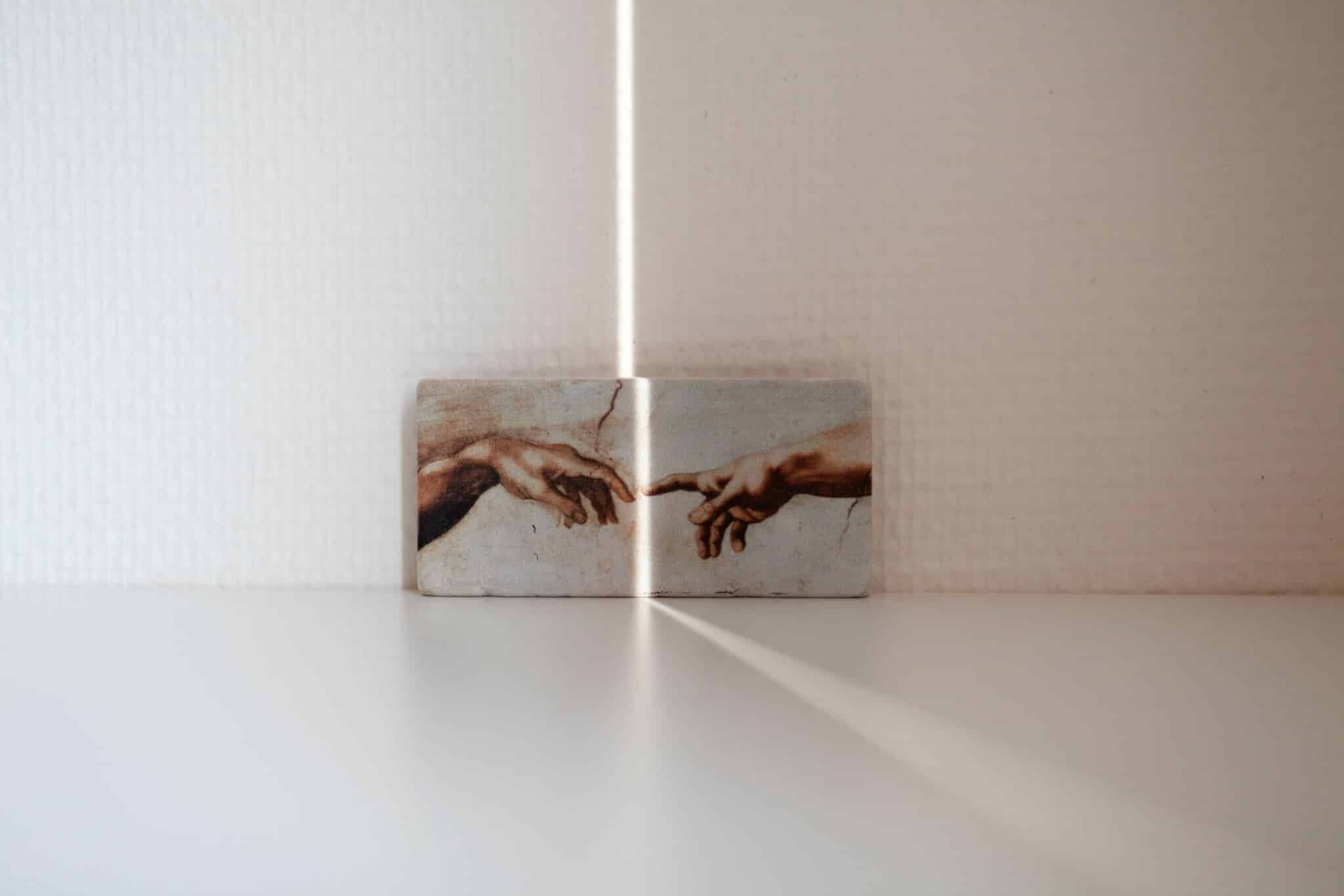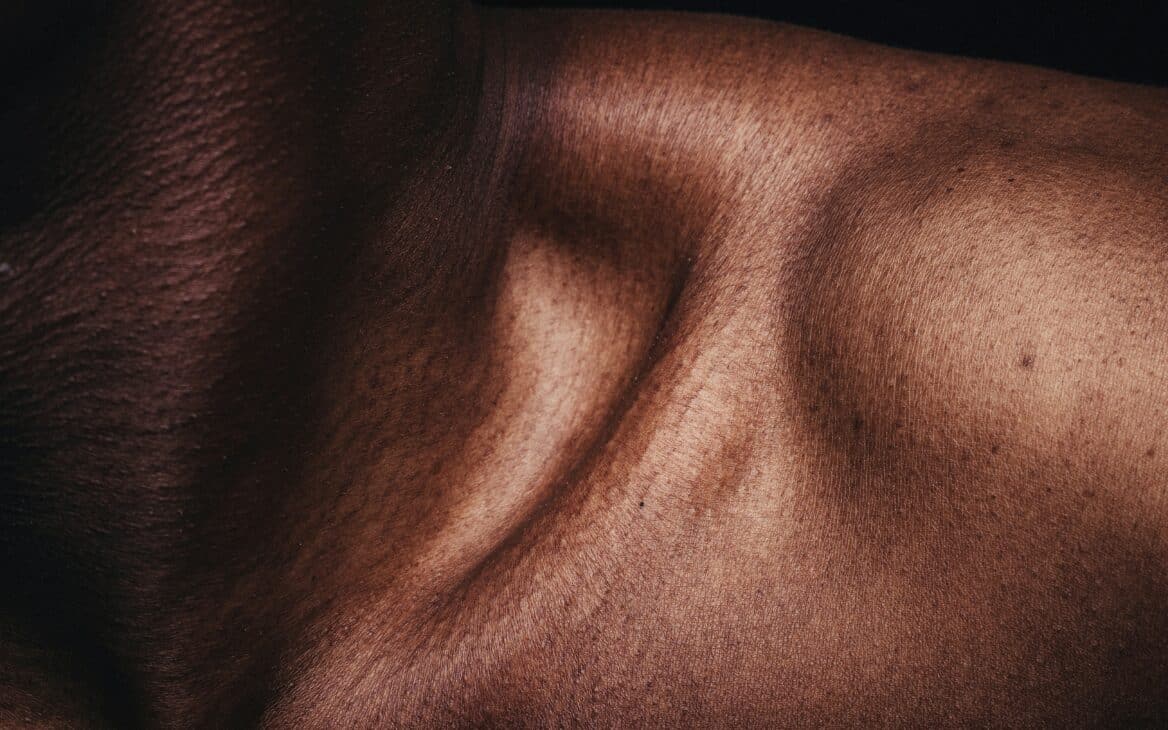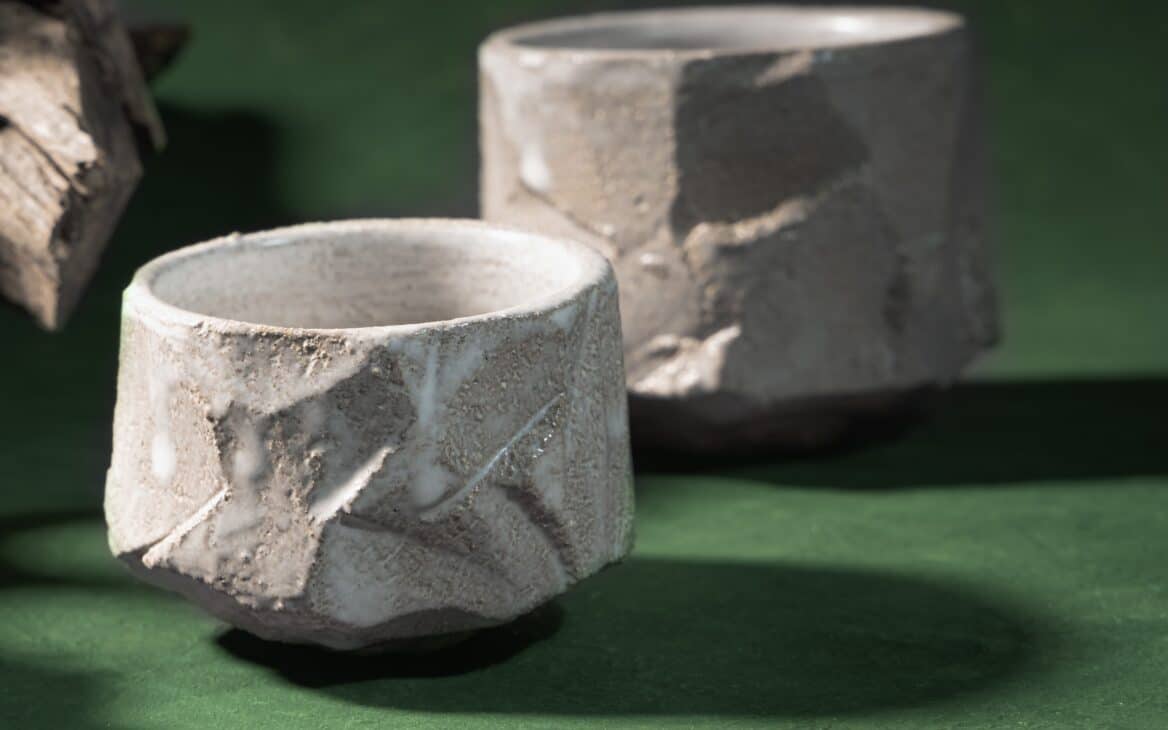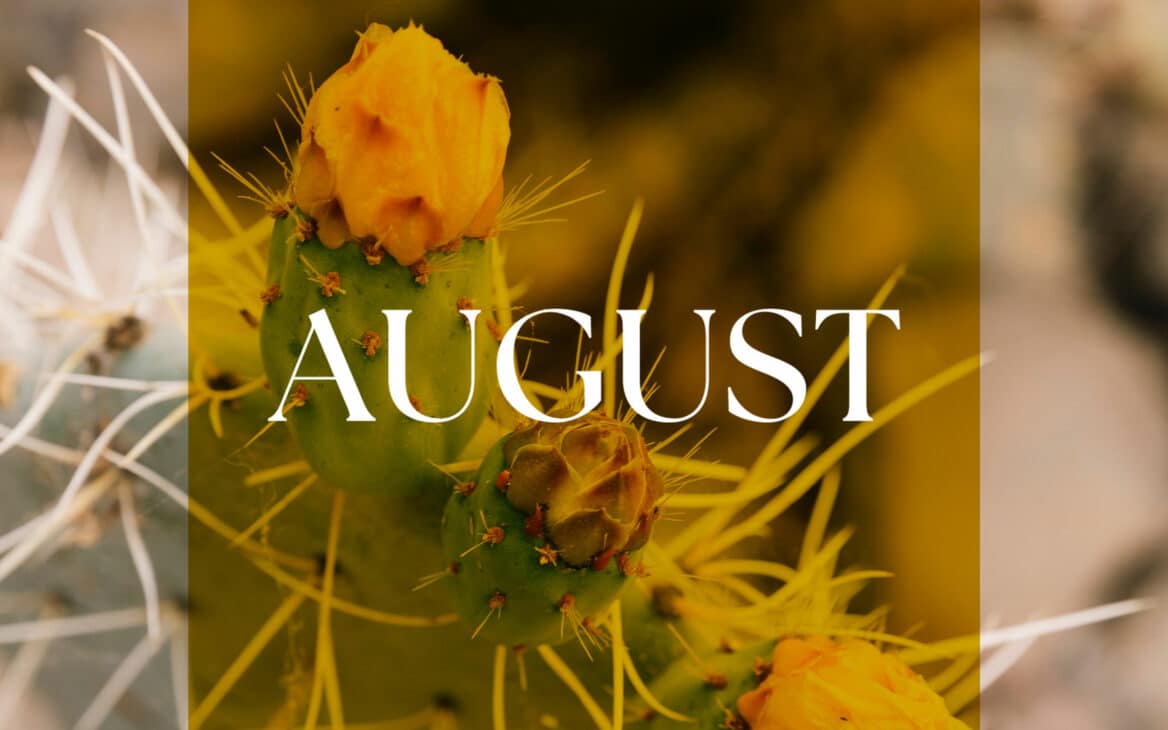The discord around Roe v. Wade in America begs the real question when does life really begin? And the corollary question, raised in the debate around euthanasia, when and how should life end? And what choice does a citizen of the republic have to determine his or her own destiny? I was particularly moved by Amy Bloom’s recent account, “ In Love, A Memoir of Love and Loss” about the journey to die with dignity that her husband undertook once diagnosed with Alzheimer’s Disease. Who should determine the right to die and the right to live? These are Really Big Questions and I have been wondering how the wisdom teachings would respond. A few perspectives might be helpful:
1.) Always come back to the Big Perspective of the Tao te Ching: “there is no beginning and there is no end”
2.) In yoga, birth and death are always the result of previous karma. This begs the question can we be authors of our own karma in regards to living and dying?
3.) In Vedanta and yoga, the true Self has no form, no shape and no age and is not bound by a physical body
4.) Zen master Dogen taught, “Birth and death are the everyday practice of the Buddhist way” and
5.) The last of the five afflictions in Patanjali’s yoga is “clinging to life” (abhinivesha). Patanjali believed that attachment to life results in fear, possessiveness and short-sightedness, obscuring the liberation of mind and heart.
It is empowering to have choice and self determination and to shape the course of our destiny. As a species we are called upon at this time to be more conscious and intentional. This applies to the life of an individual, the life of the community and the eco-sphere we live in. We need to support each other to live or die with discriminating awareness (viveka), taking into consideration the karmic forces that have us in their sway. Without conscious living and dying, the cycle of pain and suffering—samsara— inevitably continues.



